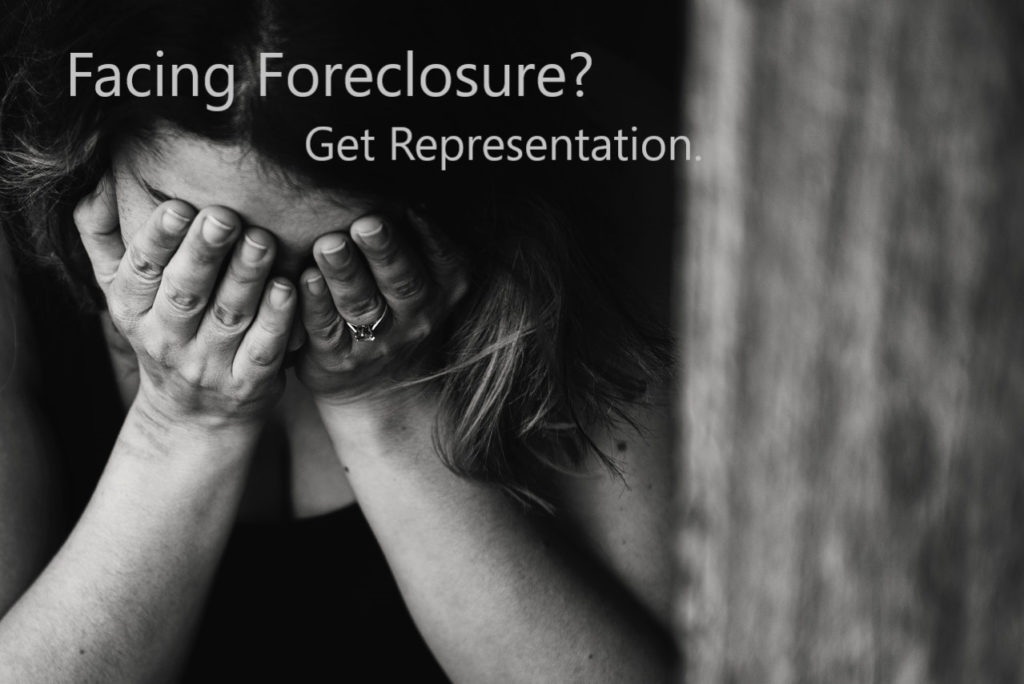Know the Foreclosure Process and Your Rights
When you are worried about Foreclosure, the unknown creates fear. For your own peace of mind, learn the process and know your rights.
Before a foreclosure can be filed according to the New York Bar Association, your payments must be at least 120 days late. That is considered a default from your mortgage agreement. Once you go into default status, your lender, depending on the verbiage in your mortgage agreement may be required to send you a notice of default, informing you of the breach and that the lender will accelerate the entire amount due if the default is not cured. That means the entire amount owed is due all at once. New York requires every lender to send a 90 day pre-foreclosure notice prior to foreclosing on a residential mortgage if you live in the home being foreclosed. This is not in addition to the 120 day period, but concurrent with it.
New York is a judicial state. That means after the 90 day period, the lender or bank can file a complaint against you in a court of law in order to get the courts permission to take your home. Just as in other court cases, you (or your attorney representing you) has a certain amount of time to answer that complaint. It is very important to answer the complaint by the date due, especially if you are raising defenses.
There is a new law requiring the lender’s attorney to file a “certificate of merit” or “attorney affirmation”, stating that the attorney has reviewed the document related to the mortgage, that the plaintiff has standing to enforce its rights as creditor under those reviewed documents. Within 20 days of serving the complaint on you, the lenders attorney may have to file an affidavit of service with the court.
Within 60 days after the affidavit of service is filed, the court will hold a mandatory settlement conference. This is vital, as it is an opportunity to meet with the lender’s attorneys and attempt to work out options, such as cash for keys, or loan modification to allow you to keep the home and begin making mortgage payments to repay the debt.
Discovery phase. If no settlement is reached, litigation begins, and the parties can request documents. If there is no discovery, or once it is completed, either or both sides may file a motion. If summary judgement is not granted by the judge, the case can go to trial.
If you are facing foreclosure, having an attorney represent you can help protect possibly the biggest asset you own, your home. Contact us at wrongfullyforeclosed.com or call us at (888) 800-6030 for more information about local representation in New York.

